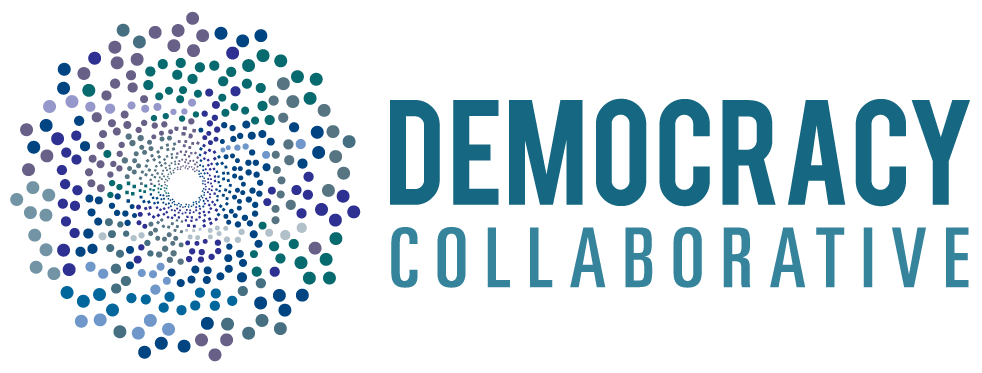Report
Covid-19 and 21st Century Public Ownership
Date
Authors
This research is published in collaboration with the following organisations:

Report
Covid-19 and 21st Century Public Ownership
Executive Summary
In January 2020, Common Wealth and The Democracy Collaborative began a year-long project that explored how extending the models and approaches of democratic public ownership to the new frontiers of the 21st century economy could help address the deep economic, social, and environmental challenges facing the US and UK. Over the course of the year-long project, the world was changed utterly. Covid-19, an epochal event, has made the case for reimagining the ownership and governance of our economies on both sides of the Atlantic more urgent than ever. Indeed, to meet the needs of the moment, address the inequalities the crisis has exposed and worsened, and prepare us to meet the systemic environmental and social crises ahead, an agenda to extend democratic public ownership is essential.
By almost any measure, we are at a critical juncture. The pandemic has underscored both the need and possibility of deep, transformative change; and the many compounding dangers ahead. Stemming in part from capitalism’s damaging entanglement with the Earth’s natural systems, the pandemic has hit societies across the world with devastating effect. With state capacity hollowed out after decades of austerity, outsourcing, and privatisation, and labour markets shaped by insecurity and power imbalances, Covid-19 metastasized long-standing racial and economic inequalities and unequal outcomes, both within the UK and US, and globally. The virus may not discriminate, but our societies have been proven to, both structurally and systematically.
The crisis has also accelerated the signature note of contemporary Anglo-American capitalism: the politically mediated upward redistribution of wealth. With major corporations and financial markets stabilised by an extraordinary injection of liquidity from the world’s central banks and unprecedented fiscal support, often with few to no strings attached, and with asset prices rising as a result, coronavirus has - yet again - underscored the co-dependency of the private and public sectors and the extent to which public policy prioritises and promotes the interests of wealthy asset-holders over ordinary workers and hard-pressed communities.
Yet there are resources of hope to draw upon as we embark on the hard road to recovery. The crisis has exposed the hollowness of the tired, ideological binary of private efficiency against public wastefulness. It has also highlighted the extraordinary scale of resources the public can mobilise and put to powerful effect, as the state has roared back into history as a vital economic actor. In doing so, the pandemic has underscored the fact that the economic is not separate from the political. Our economies are not fixed, ‘natural’ institutions, but complex socially constructed institutional ecologies that are profoundly shaped by political action; we can and must reimagine them. And while the pandemic has sharpened an underlying crisis of care, it has also underscored how the work of producing and sustaining life is foundational to all economic activity. There is a deep and widely held desire to rebuild an economy centred on new logics and values: putting the meeting of social and environmental needs at the heart of economies that are democratic, just and sustainable by design.
Full Text
Covid-19 and 21st Century Public Ownership
Footnotes


